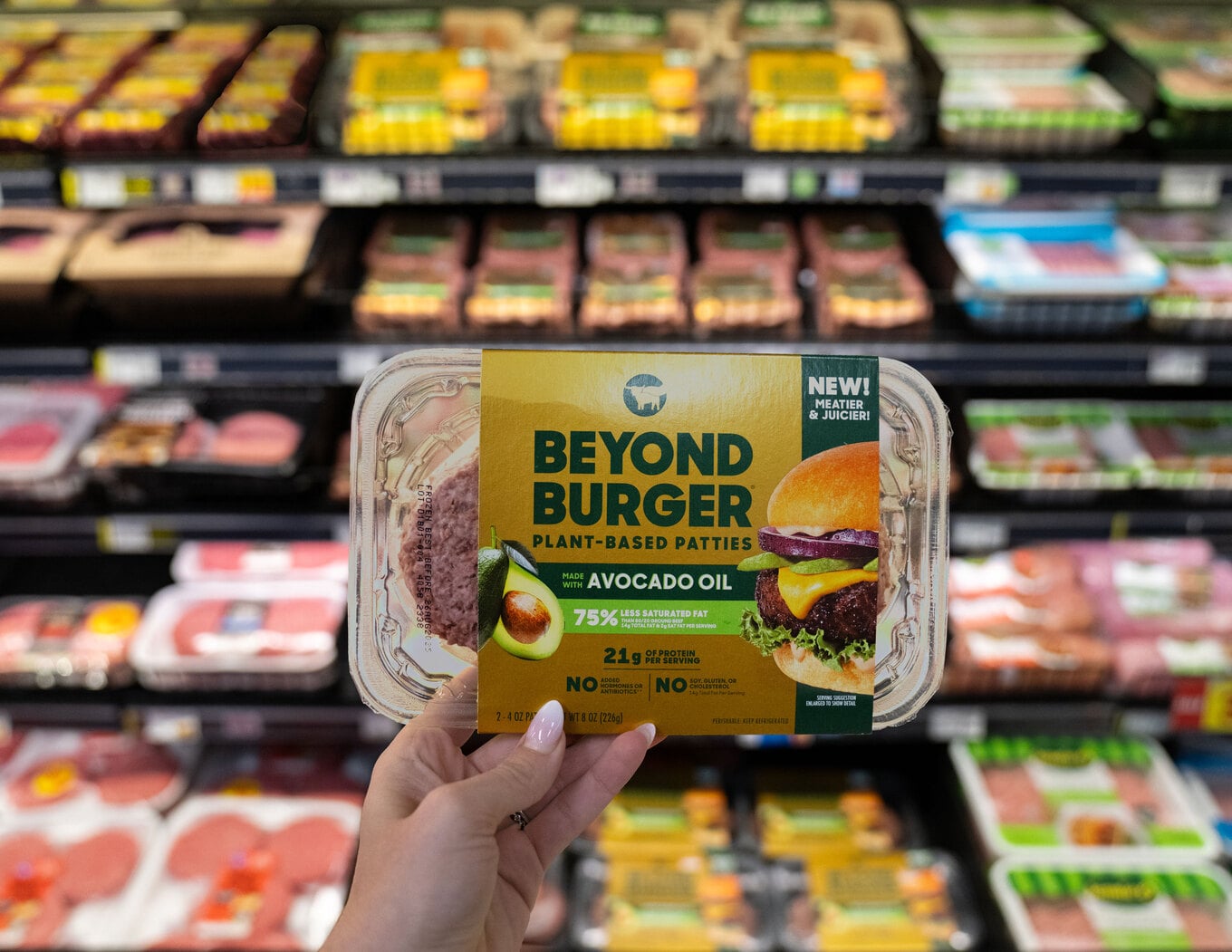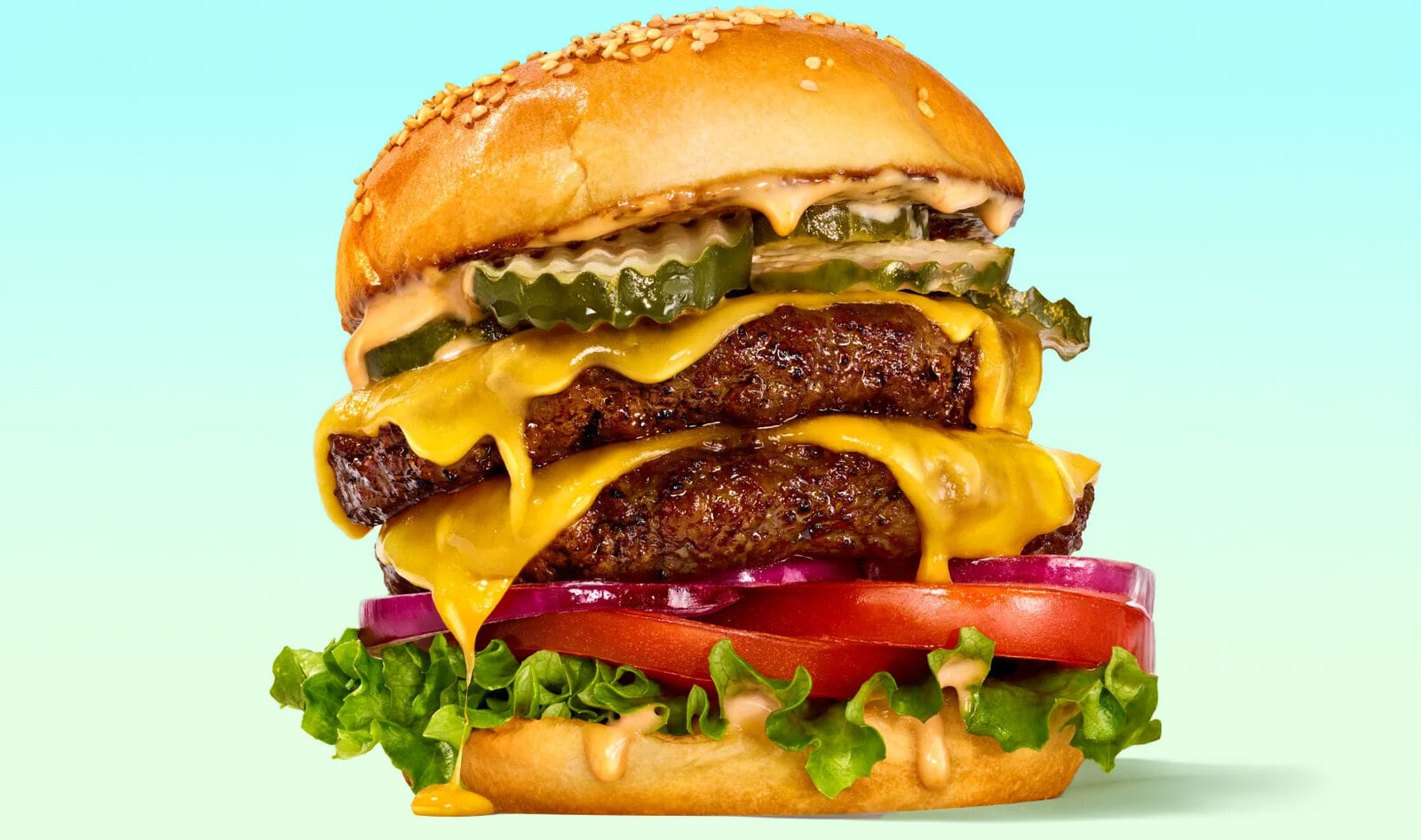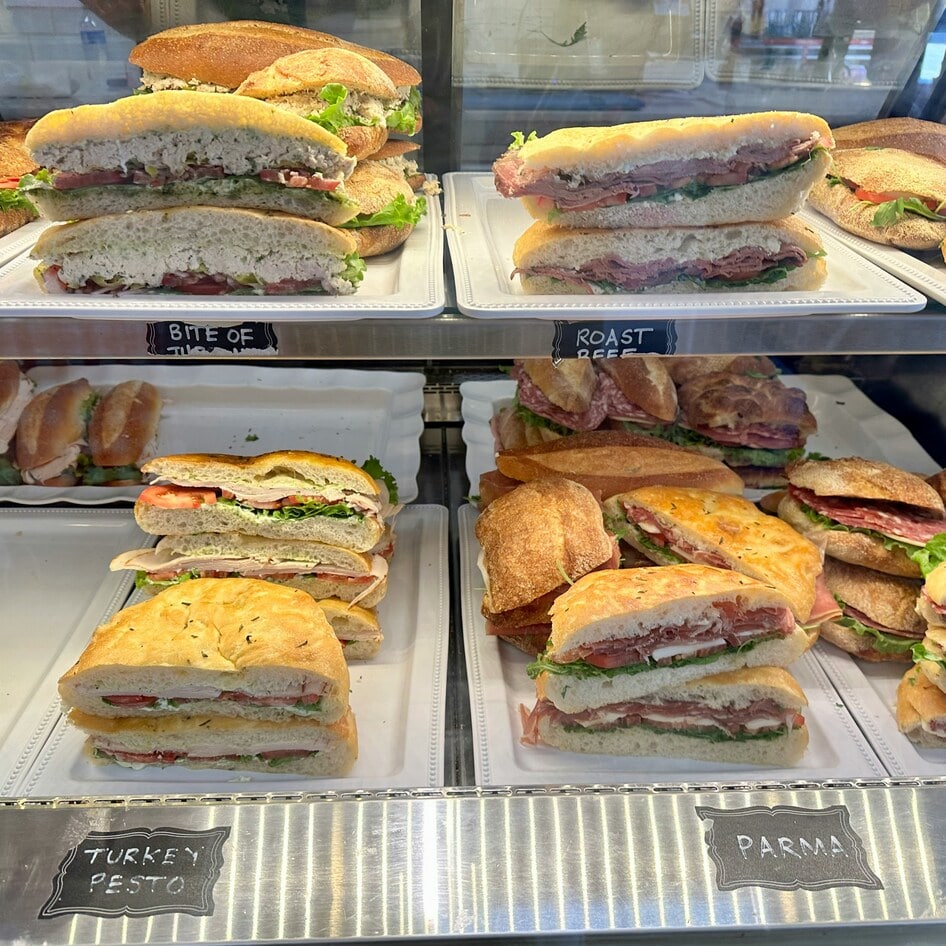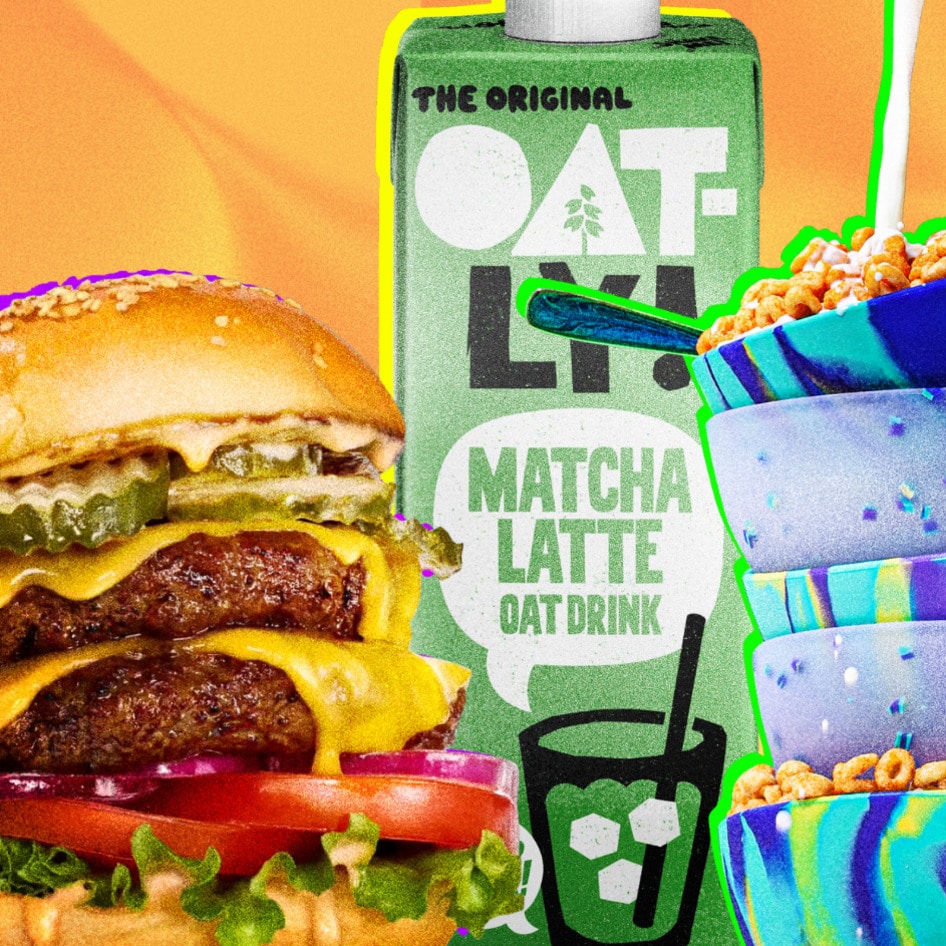Brands in the plant-based meat space are scrambling to stay afloat as consumer sentiment turns sharply against highly processed foods. Amid that shift, two major industry players—Impossible Foods and Beyond—are doubling down on experiential activations and ingredient-overhaul strategies. The question now: can they break free of the “ultra-processed” label and genuinely meet growing demand for clean, clear-label protein?
Impossible’s athlete-focused pop-ups
Instead of launching another grocery debut, Impossible Foods opted to hit hard-core athletes where they live—at the finish line. On October 12, it popped up a “Protein Bar” styled like a dive bar at the finish line of the Chicago Marathon, offering protein-packed snacks to both competitors and spectators. One week later, the same concept surfaced at the Detroit Marathon, with NBA guard Cade Cunningham behind the bar to underscore the plant-based performance vibe.
 Impossible Foods
Impossible Foods
Parallel to these events, Impossible earned the NSF Certified for Sport status for its Impossible Beef and Impossible Burger products—a certification that recognizes adherence to rigorous performance-nutrition standards. In the company’s words, this verification demonstrates “its commitment to clean sport as well as quality, safety, and good manufacturing processes for its plant-based beef products.”
With this dual approach, Impossible is working hard to recast its brand as a serious protein alternative. But the timing underlines pressure: the broader category is seeing weakened traction, particularly as consumers push back against “ultra-processed” labels. A recent Vox column noted that in the US, the alt-meat market still accounts for only around one percent of the total meat market. If the space is to grow, perception—not just taste—is under the microscope.
Beyond’s strategic pivot
If Impossible is leaning into experience and performance, Beyond is zeroing in on what many see as the root of the problem: ingredient complexity and the processed-food stigma. Its newly launched Beyond Test Kitchen initiative exemplifies this shift. The program enables direct-to-consumer releases of limited-edition products, such as its clean-label Beyond Ground and the mycelium-based steak filet previously reserved for restaurants. Within hours of launch the bundles sold out.

Beyond Ground, notable for its minimalist formulation (just water, fava bean protein, potato protein and psyllium husk), is designed to appeal to wellness-driven consumers who want less processed, cleaner-label options. Nutritionally, each four-ounce serving has 140 calories, four grams of fiber, 1.5 grams of fat and 27 grams of protein—higher protein than beef for the same serving size.
No longer just a “meat substitute,” Beyond is positioning the brand around plant proteins with simpler labels. “The product contains only four ingredients—fava beans, potato protein, water, and psyllium husk,” Beyond CEO Ethan Brown explained. He told Vox it’s an effort to step outside of the confines of mimicking a particular species and “just provide something that is capable of confidently standing on its own as a center-of-the-plate protein.”
Yet the brand’s broader financial picture remains challenging. Its stock collapsed to under one dollar after a debt-deal, while US plant-based meat sales have fallen roughly 18 percent over the past two years.
Can Impossible and Beyond shift the narrative around protein?
The actions of Impossible and Beyond reflect two complementary strategies: one leaning into performance and storytelling, the other into ingredient transparency. But can those trajectories bridge the gap between consumer skepticism and meaningful growth?
First, the problem they’re up against: heightened consumer scrutiny of ultra-processed foods. Institutional voices are saying as much. For example, the Harvard T.H. Chan School of Public Health recently noted that the stagnation in plant-based meat sales may be linked to the fact that “they are ultra-processed—a category of foods that have come under greater scrutiny for links to poorer health.”
 Beyond
Beyond
Consumer research supports this: many Americans express concern about processed and ultra-processed foods, even if they understand convenience or taste remains important. Thus, brands are under pressure not only to taste like meat but to feel less processed.
Second, pricing remains a headwind. Even as products evolve, they often come at a premium. Historically, plant-based alternatives have been significantly more expensive than conventional meat, which slows adoption especially when economic pressures weigh on household grocery spending.
Third, taste and use-case matter. And while some brands have made progress, the burden remains heavy.
BECOME A VEGNEWS VIP: Get exclusive product deals, freebies, and perks galore!
Finally, the ecosystem is adjusting. Innovations like athlete pop-ups, test-kitchen models, and minimalist labels signal that the industry acknowledges the challenge. Meanwhile, partnerships and certifications (such as NSF Certified for Sport) aim to build credibility beyond “plant-based” buzz.
The real test: whether these pivots translate into sustained growth. If brands can successfully communicate that their products are clean, transparent, flavorful and competitively priced, they may begin to surmount the “processed” perception. But it remains a steep climb, as the category’s stagnation is not just about taste but trust.
For more plant-based stories like this, read:
JUMP TO ... Latest News | Recipes | Guides | Health | Subscribe








